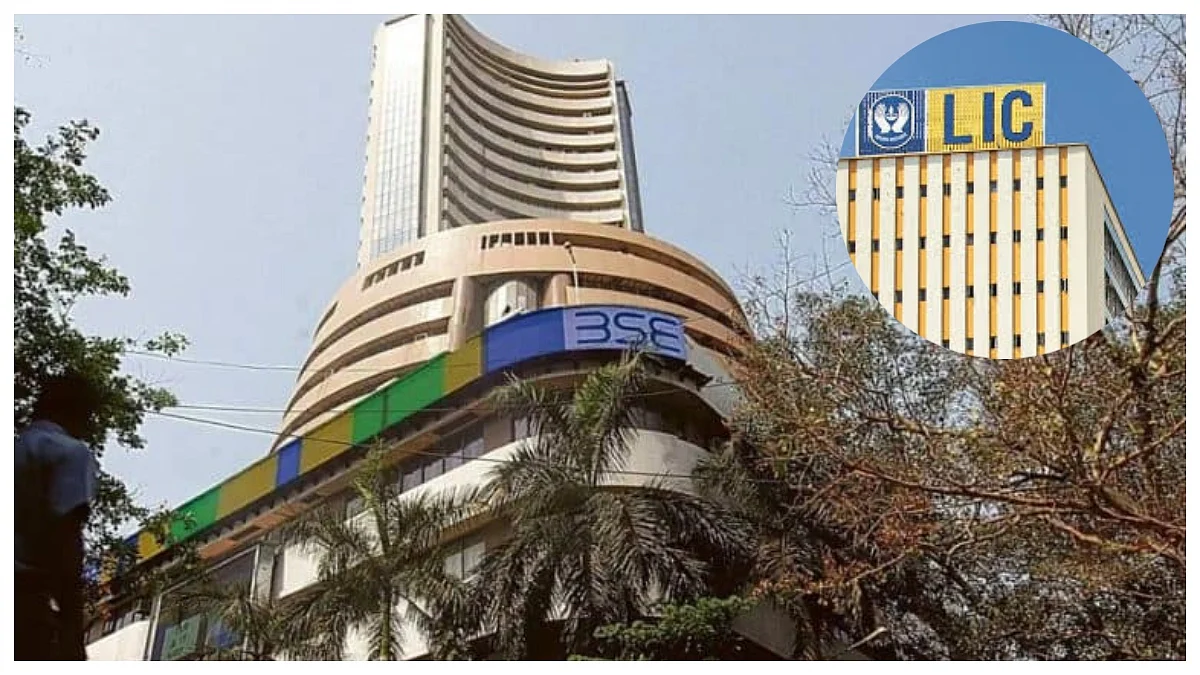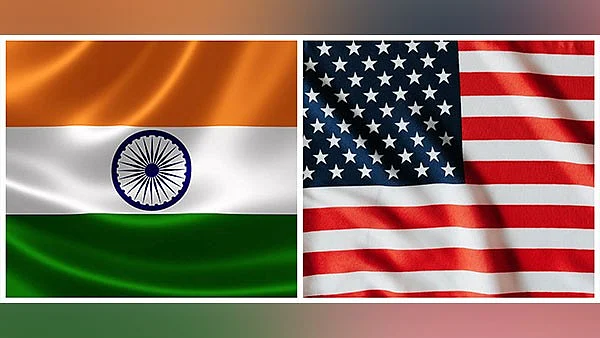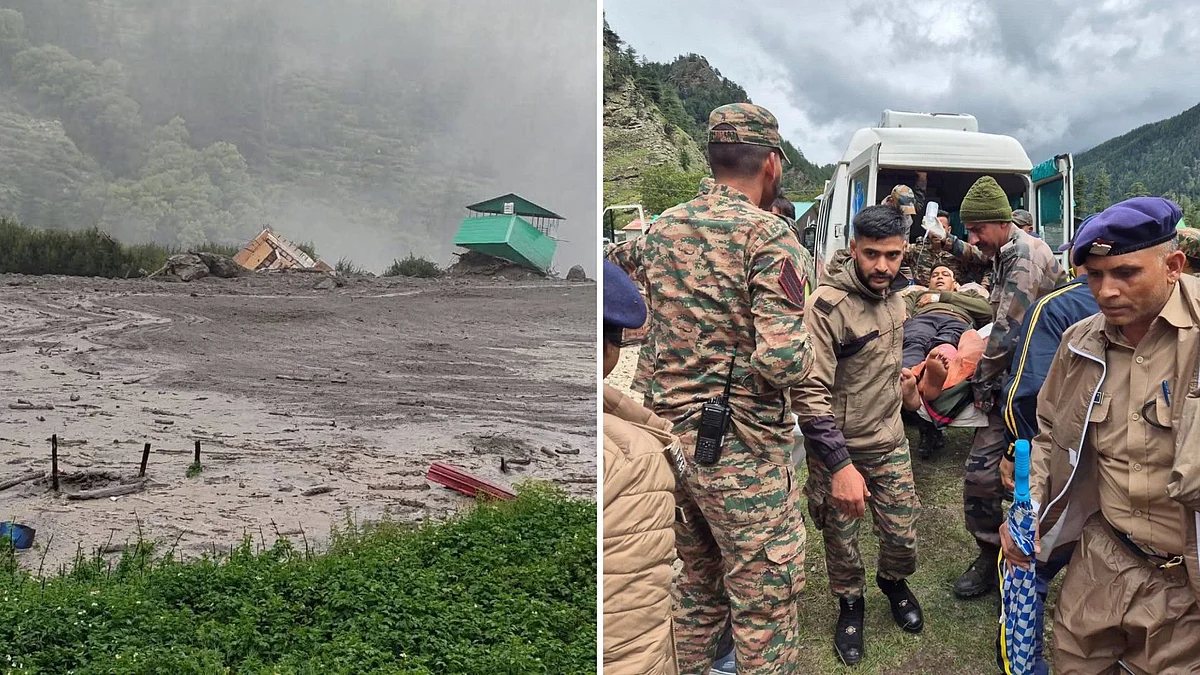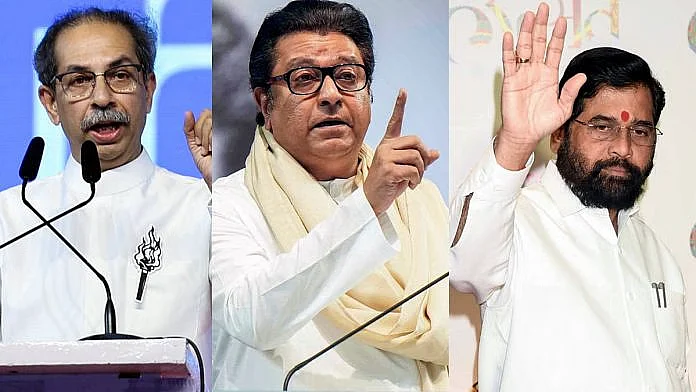When Nobel Peace Prize laureate Professor Muhammad Yunus was appointed interim Prime Minister of Bangladesh on August 8, 2024, it sent ripples across South Asia. A moral figurehead, a global icon of microcredit, and a staunch outsider to the country’s violent partisan politics, Yunus symbolised a break from decades of entrenched dynastic rule and political vendetta.
Amid collapsing institutions, an angry electorate, and civil-military fatigue with the status quo, Yunus was seen as a consensus choice between the army, judiciary, civil society, and the international community. A technocratic interregnum was hoped to stabilise the country and lay the ground for fair elections in 2026.
One year later, Bangladesh finds itself caught in a web of economic pain, youth frustration, political gridlock, strategic realignments, and rising regional tension. Yunus’s experiment has neither collapsed nor succeeded. But the road ahead may well define the fate of Bangladesh’s democracy—and its position in an increasingly polarised Asian order.
Economic Stabilisation or Structural Squeeze?
Yunus’s administration was quick to embrace an IMF bailout package. While this helped rein in the freefalling taka and restored macroeconomic confidence, it came with harsh conditionalities—fuel and food subsidy cuts, tight fiscal controls, and spending freezes.
The economic results are mixed. Inflation has marginally eased and foreign exchange reserves have stabilised. But the social cost has been heavy. Urban unemployment remains high, rural distress is deepening, and industrial unrest has intensified—particularly in the garments sector, the lifeblood of Bangladesh’s export economy.
Economists fault Yunus for focusing disproportionately on macro-stability without parallel investment in labour-intensive sectors, small-scale industries, and youth employment. “You can’t expect people to cheer a strong taka if they’re skipping meals,” a Dhaka-based policy advisor recently remarked.
The Betrayal Felt by the Youth
If Yunus had one natural ally, it was Bangladesh’s youth. Disenchanted by dynastic politics and yearning for change, young voters initially rallied behind the non-political interim regime. Yet one year later, they form the core of discontent.
Student organisations across major universities have erupted in protest—against joblessness, inflation, academic disruption, and the shrinking public sector hiring pipeline.
What began as scattered demonstrations has now evolved into a nationwide protest ecosystem, galvanised by social media and amplified by disinformation. Political analysts warn that this alienation could spill over into violent electoral confrontations in 2026—undermining Yunus’s stated goal of peaceful democratic transition.
India’s Calculated Gamble Backfires
India's decision to grant refuge to former Prime Minister Sheikh Hasina, following her dramatic ouster in July 2024, was driven by both humanitarian and strategic calculus. For years, Hasina had been New Delhi’s most reliable partner in Dhaka—on counter-terrorism, connectivity, and regional trade. Offering her shelter was seen in South Block as a necessary message of loyalty.
But the optics in Bangladesh have been toxic. To many ordinary Bangladeshis, Hasina symbolised authoritarian overreach, rigged elections, and suppression of dissent. India’s gesture is being read by sections of Bangladeshi civil society and youth groups as a continuation of interference.
Yunus, while publicly neutral, has quietly used this sentiment to recalibrate Dhaka’s strategic posture. His government has welcomed exploratory Chinese investments, revived dormant BRI-linked projects, and signalled openness to Beijing in areas previously avoided—port infrastructure, telecom expansion, and dual-use logistics.
China Gains Ground, the U.S. Fumes
Washington had discreetly backed Yunus’s rise. The Biden administration—and later the Trump White House in 2025—had grown frustrated with Hasina’s increasing tilt towards China and her authoritarian grip. Yunus offered a democratic, West-friendly reset.
But Yunus’s own pivot toward China has complicated matters. American officials are now privately alarmed at his engagement with Beijing, particularly in sectors flagged as sensitive. Moreover, India’s decision to shield Hasina has made Washington wary of the India–Bangladesh relationship, further clouding the trilateral trust matrix.
Strategically, Yunus now walks a tightrope: accepted by the West but drifting towards China, aligned with global governance norms but tangled in regional power plays.
Democracy’s Unfinished Business
One of Yunus’s mandates was electoral reform. Here, too, progress has been incremental. The Election Commission has been partially restructured, and some institutional transparency has improved. But opposition parties, especially the BNP, remain sceptical.
Their core concerns—cleaning up voter rolls, curbing security force bias, and appointing neutral election observers—remain largely unaddressed. The Awami League, though marginalised, still controls significant street networks and continues to challenge Yunus’s legitimacy from exile.
With less than nine months before the polls, the political climate is combustible. Yunus has not managed to establish a genuine multiparty consensus. Without it, the elections risk becoming either a violent contest or a boycotted farce.
The Fragility of Institutional Reforms
Yunus’s government has eased media restrictions, reduced police excesses, and attempted to restore judicial independence. But without legislative backing, these reforms remain executive orders—vulnerable to reversal by the next elected government.
Civil society leaders warn that unless Yunus institutionalises these gains—via constitutional amendments or independent oversight bodies—they could vanish the moment power changes hands. A year of moral authority could thus end in a return to pre-2024 repression.
Navigating a Regional Crossfire
Bangladesh today sits at the intersection of India’s strategic anxieties, China’s infrastructural ambitions, and America’s democratic hopes. Any misstep could tip the balance.
The Rohingya refugee crisis continues to fester, with repatriation stalled and international fatigue setting in. Myanmar’s junta is intensifying attacks near the border, and China’s influence in Naypyidaw adds another layer of complexity.
Meanwhile, the Bay of Bengal is emerging as a new maritime theatre. U.S. Indo-Pacific Command is expanding exercises with regional navies, while China is pushing for port access in Chittagong and Payra. Yunus’s balancing act in this maritime triangle will determine whether Bangladesh remains a buffer or becomes a battleground.
The Next Nine Months: Make or Break
Time is no longer an ally. Yunus now has just eight to nine months to accomplish what many elected leaders fail to deliver in five years: He has to deliver economic relief without derailing fiscal prudence and ensure free and fair elections in a poisoned political atmosphere. There is a dire need of winning back youth trust while containing street violence. Maintain regional equilibrium amid shifting power poles
Failure on any of these fronts could plunge Bangladesh back into its traditional cycle of vendetta, voter fraud, and one-party dominance.
Success, however, would carve Yunus’s name into history—not merely as an economist or an interim leader, but as the architect of Bangladesh’s second democratic republic.
(Writer is strategic affairs columnist and senior political analyst based in Shimla)










